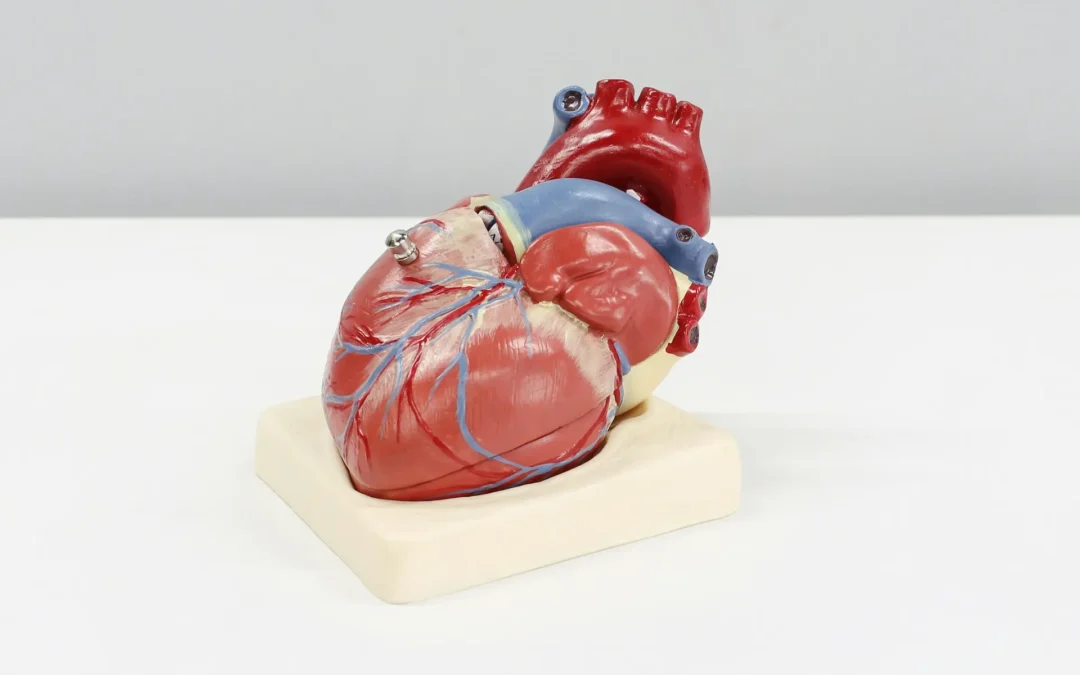Resource
The WATCHMAN Journey: Before, During, After
In the intricate dance of managing atrial fibrillation (AFib), particularly for those at heightened risk of stroke yet facing challenges with...
Warfarin: Beyond Blood Clots – Exploring Its Versatile Uses in Medicine
When we think of warfarin, the first association that comes to mind is often its role in preventing blood clots. While it's true that warfarin is a...
Blood Thinner Dilemmas: Navigating Concerns and Solutions
In the realm of cardiovascular health, blood thinners, or anticoagulants, stand as both a beacon of hope and a source of apprehension for many....
Exploring Bleeding Risks: Understanding and Mitigation
In the realm of cardiovascular care and stroke prevention, anticoagulants—widely known as blood thinners—play a pivotal role. While these...
Who Should Consider the WATCHMAN Implant: Assessing Eligibility and Benefits
Innovations in medical technology continue to revolutionize treatment options for various health conditions. One such advancement is the WATCHMAN...
Exploring Alternatives: Managing Intolerance to Warfarin and Other Blood Thinners
Anticoagulant therapy plays a crucial role in preventing blood clots and reducing the risk of stroke in individuals with various medical conditions....
Mitigating Fall Risks: Considering Blood Thinners and High Fall Risk
Falls are not merely incidents; they are significant health hazards, especially for the elderly and those with conditions necessitating blood...
Cognitive Impairment and Fall Risk: Blood Thinners and Increased Vulnerability
Falls are a leading cause of injury among older adults, and the risk is significantly compounded for individuals with cognitive impairment who are...
Exploring Stroke Risk Reduction
Stroke is a significant global health concern, affecting millions of individuals each year and leading to devastating consequences. However, there...
Understanding Warfarin Therapeutic Range: Optimizing Anticoagulation Therapy for Better Patient Outcomes
Warfarin, a widely used oral anticoagulant, plays a crucial role in preventing thromboembolic events such as stroke, deep vein thrombosis, and...
Understanding Costs and Insurance Coverage for the WATCHMAN Implant
In the realm of healthcare, access to innovative medical technologies can be both life-changing and financially daunting. The WATCHMAN implant, a...
WATCHMAN Procedure: Hope at Portneuf Medical Center, Idaho
Portneuf Medical Center in Idaho stands at the forefront of cardiac care innovation with its adoption of the WATCHMAN device, a groundbreaking...













